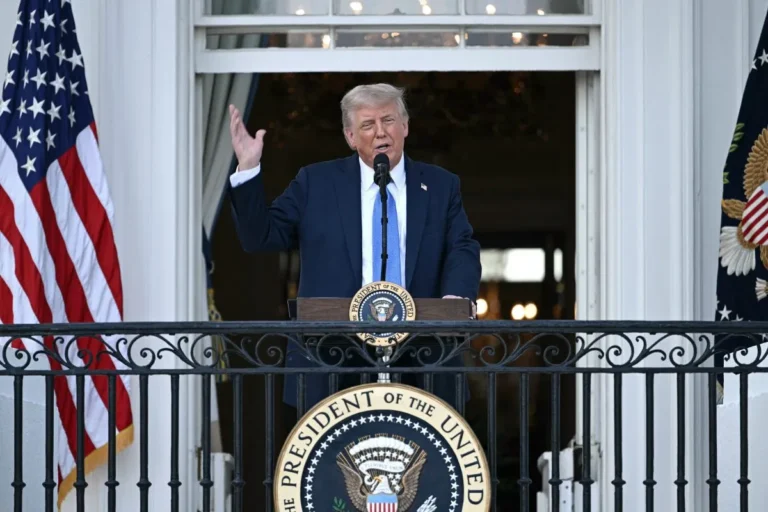Renowned Ghanaian film producer and CEO of Miracle Films, Samuel Nyamekye, has raised serious concerns about the decline of Ghana’s movie industry, pointing fingers at the increasing preference for foreign telenovelas by local TV stations.
In an interview with Clara on Empire 102.3 FM, Nyamekye did not mince words, stating that the dominance of telenovelas—many of which are acquired at little to no cost by local broadcasters—is a significant reason behind the collapse of the once-vibrant local film industry.

“Some television stations in Ghana get these telenovelas for free. Because of that, they are not willing to show our local films, and this is killing the movie industry,” he lamented.
According to Nyamekye, the situation has created an uneven playing field where Ghanaian film producers struggle to compete with foreign soap operas, often dubbed in Twi or other local languages. These telenovelas, usually from Mexico, India, Turkey, and the Philippines, flood TV schedules and leave very little room for Ghanaian productions.
He further emphasized that these imported shows are presented to the stations either free of charge or at a much lower cost compared to the licensing of local films. This, he believes, is a major disincentive for stations to invest in indigenous content.
Nyamekye noted that beyond entertainment, Ghanaian movies carry cultural value and tell authentic local stories that resonate with the nation’s identity. He warned that prioritizing foreign content could erode Ghanaian culture and reduce the motivation for local creatives to produce quality films.
“When we don’t show our own, we make it difficult for producers, actors, and the entire value chain to thrive. People are leaving the industry because they can’t survive,” he added.

The Miracle Films boss urged both government and private media institutions to reassess their content policies and intentionally support the growth of the local film ecosystem. He also called on the Ministry of Tourism, Arts and Culture, as well as the National Film Authority, to intervene with policy measures that promote local content quotas and discourage overreliance on foreign soap operas.
Nyamekye’s remarks have added to a growing chorus of voices from within the creative industry demanding protection and prioritization of local productions.
As Ghana continues to grapple with how best to preserve and promote its creative economy, stakeholders hope the call for reform will be heard—and acted upon.



